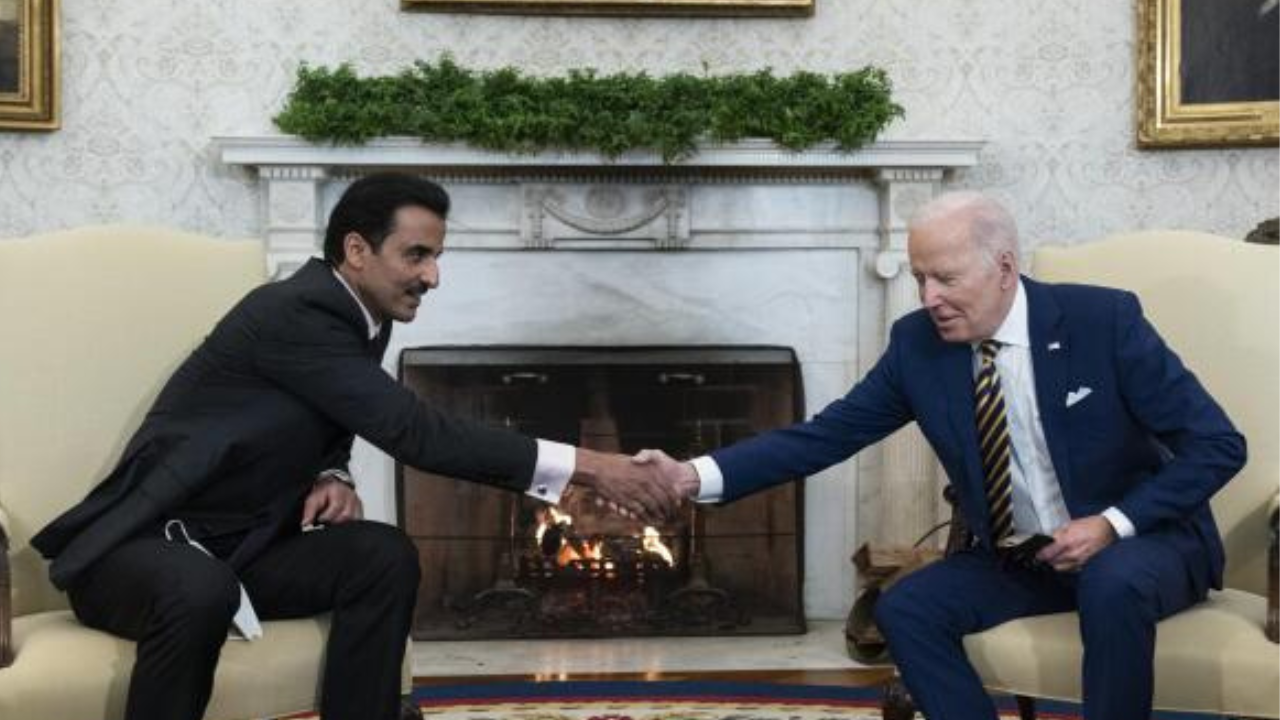
Qatar became the second Muslim-majority country to be admitted into a program allowing its citizens to travel to the United States without first obtaining a US visa on Wednesday, according to a joint statement by the Departments of State and Homeland Security. The statement noted that the Gulf nation had met strict eligibility criteria to join the Visa Waiver Program, including a low visa refusal rate, a low rate of visa overstays, and the requirement for reciprocal treatment of American travelers, who are already allowed to visit Qatar without a visa for up to 30 days.
The departments stated, "Qatar has been an exceptional partner for the United States, and our strategic relationship has only grown stronger over the past few years." They further added, "This is further evidence of our strategic partnership and our shared commitment to security and stability."
Qatar is the 42nd country to be admitted to the program and has been an instrumental US partner before and during the American withdrawal from Afghanistan. It also played a key role in efforts to negotiate a cease-fire deal in Gaza. Starting October 1, US citizens will be able to stay in Qatar visa-free for up to 90 days.
Most of the countries admitted to the program are longstanding allies in Europe and Asia, and the only other Muslim-majority country whose citizens can visit the US without a visa is Brunei, a tiny Southeast Asian nation.
Despite Qatar’s population being just over 3 million, only a small portion — around 320,000 — are Qatari citizens who would qualify for the program, provided they hold valid passports. Most residents in Qatar are foreign workers and expatriates who lack Qatari citizenship.
The program permits citizens of eligible countries to enter the US for business or tourism without a visa for up to 90 days. However, they must still secure approval through the Electronic System for Travel Authorization (ESTA), an online process that doesn't require an in-person interview like traditional visa applications.
Israel was the most recent country admitted to the program in 2023, despite ongoing concerns about its treatment of Palestinian Americans, Arab Americans, and Muslim Americans compared to other US passport holders.

